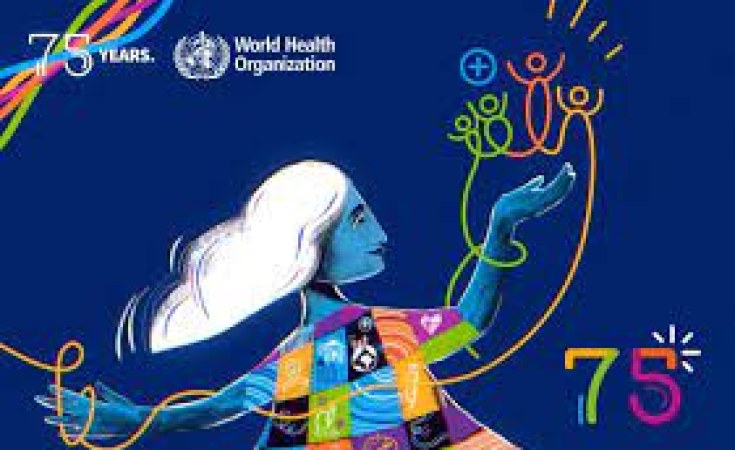Windhoek — As we commemorate the 75th Anniversary of the World Health Organization (WHO) on 7 April 2023 under the theme of 2023 World Health Day is commemorated under the theme "Health for all", we pause to take stock of public health milestones. We also pause to take stock of current and future challenges, and the need to collectively ensure that the most vulnerable and furthest behind have access to quality, essential healthcare services.
Over the past 75 years, the world witnessed advancements in public health worth celebrating. In 2020, WHO gave emergency use listing to 10 types of COVID-19 vaccines, the first of these on the last day of 2020. Within only 15 days of WHO listing the vaccines for emergency use, 101 countries issued national regulatory authorization, basing their decisions on WHO risk-based assessment and accelerating vaccine roll-out.
Prior to the establishment of the Global Polio Eradication Initiative in 1988, under WHO leadership, polio used to paralyze more than 350,000 people per year worldwide. However, the cases have since dropped by 99% due to immunization against polio. Namibia was certified polio-free since October 2008 and continued routine and national immunization campaigns to maintain its polio-free status. Additionally, the national coverage for most childhood immunization remains above the global recommended rates ensuring increased child survival.
Another notable global public health achievement is the eradication of smallpox in 1979 following an ambitious 12-year immunization programme led by the WHO. These are but a few global achievements in public health that we as member states of the World Health Organization are proud to be associated with. Namibia celebrated 33 years of Independence and can acknowledge national public health achievements in partnership with the World Health Organization.
Namibia’s investment in HIV pandemic control resulted in a 65% decline in the number of new infections and a 74% decline in HIV-related deaths since 2004. Life expectancy increased by 12 years from 51 years in 2001 to 63 years in 2020. Furthermore, the country is one of the first high-burden countries to approach epidemic control as per the UNAIDS 95-95-95 treatment cascade with 92% of People Living with HIV aware of their status, 99% of them being on HIV treatment and of the latter 94% being virally suppressed. Namibia made considerable progress in the prevention of mother-to-child transmission. In 2022, the country attained a universal coverage of over 95% for the first antennal care visit, pregnant women HIV and syphilis testing and maternal antiretroviral therapy.
Universal health coverage remains a priority for Namibia ensuring that every Namibian has access to health care where and when they need to, without the financial burden that may limit access. In 2016, it was estimated that 95.7% (72,720) of births in Namibia occurred in health facilities. In order to increase the provision of a competent health workforce, Namibia established its School of Medicine in 2009 with extensive support from the World Health Organization and as of 2022, trained 400 medical doctors and four specialist anaesthetists who are deployed in different health facilities throughout the country.
Recently, Namibia like the rest of the world, was hit by the COVID-19 pandemic. The first case of COVID-19 was confirmed on 13 March 2020 and I declared a state of emergency on 17 March. COVID-19 vaccination was launched on 18 March 2021 and over 980,000 doses were administered since then in all 14 regions of the country. Although the vaccination rate remains low, through concerted efforts, and support from the United Nations, especially WHO, development partners, the private sector, civil society organizations, media and communities, Namibia has sustained a low positivity rate in the past year compared to an average of 31.1 % during the delta wave. Efforts to increase COVID-19 vaccine uptake are ongoing.
Last year in March, the country declared - the end of the Hepatitis E Virus Outbreak, an outbreak that lasted 4 years and affected 13 of the 14 political regions mainly in informal settlements and areas with poor hygiene and sanitation. This success is due to continued, sustained multisectoral collaboration with WHO and partners which supported the government efforts related to case management, surveillance, laboratory services, infection prevention and control, risk communication and community engagement, water, sanitation, and hygiene.
Namibia remains committed to ensuring health for all in line with goal 4 of the Harambe Prosperity Plan, which ensures access to health care for all.
With this, I would like to congratulate WHO on its 75th Anniversary and assure Namibia’s commitment to our continued partnership.


